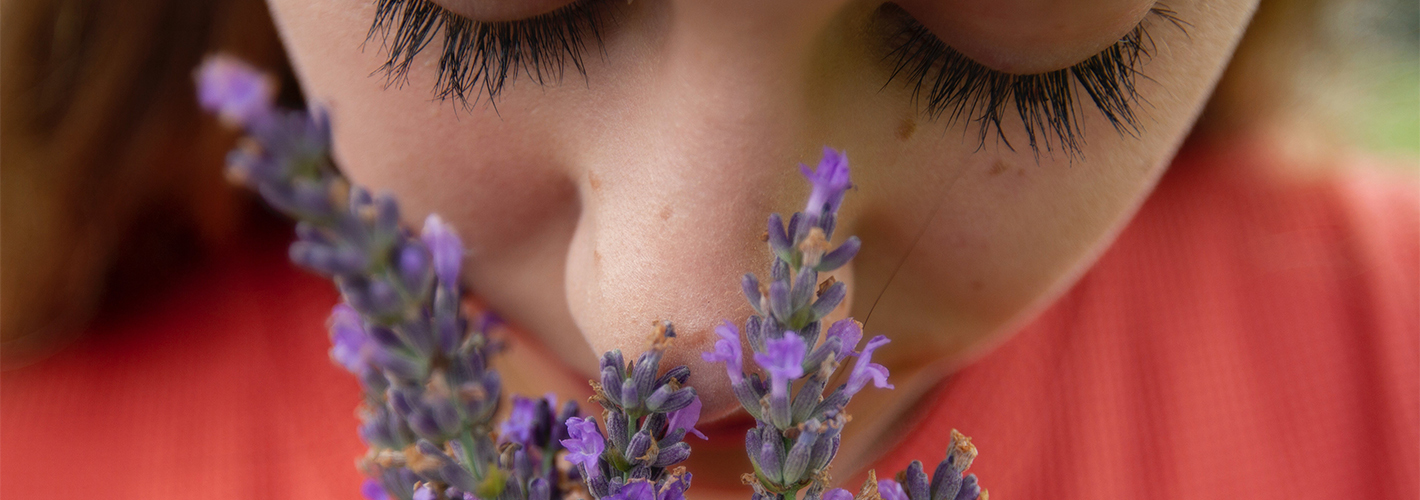
Spring Allergies - All you need to know
Published:
Spring – the beautiful season of flowers. But for many, it is also a season of allergies. If you also suffer from running nose, sneezing and redness of eyes then don’t take it casually.
What happens in an allergic reaction?
Like all allergies, allergic conjunctivitis, is caused by your body identifying harmless substances such as pollen, mold spores, grass or ragweed as a harmful allergen. This causes a chain reaction in the body and an eventual release of histamine from mast cells. Histamine starts the process of removing allergens from the body by increasing the flow of mucus or increasing blood flow to certain areas, which causes all of the annoying symptoms.
Someone who is allergic to pollen, may notice their eyes water, which is the body trying to flush the pollen from the ocular surface. The redness is caused by the increased blood flow and itching from the inflammatory reaction.
Managing itchy, watery, red eyes
Managing allergies depends on the severity of a person’s reaction to the allergen. Someone with mild allergic eye symptoms may be able to manage using an artificial tear after exposure to the allergen. This essentially rinses and dilutes the amount of allergen in the tears, reducing the severity of the allergic reaction.
Stay indoors in the mid-morning and early evening when pollen counts are highest.
- Don’t rub your eyes, it can make your symptoms worse.
- Try a cool compress.Vacuum often and use a HEPA filter to prevent allergens from building up in your house.
- Keep windows closed at night and car windows closed as you’re driving.
- Avoid decongestant eye drops that curb eye redness by constricting the eye’s blood vessels. They can often make the problem worse with overuse.
- Contact lens wearers must switch to a daily modality as allergens building up on contact lenses
Allergy Eye Drops
Patients with more severe symptoms or those who can’t avoid allergy-triggering environments may need a daily medicated eye drop. There are over the counter anti-allergy drops in simple antihistamine forms that needs a dosing of every 6-8 hours. For patients who also suffer from dry eye or don’t get the relief they need form over-the-counter drops, prescription allergy eye drops are available. These drops tend to reduce symptoms within a few minutes, have a longer efficacy of 12-24 hours, do not exacerbate dry eye symptoms, and most are safe for children over the age of 2. Those with the most severe allergic conjunctivitis, may need short term steroidal or other anti-inflammatory eye drops.
Stop rubbing your eyes (this makes things worse!) and call your eye doctor so you can smell the roses with clear, comfortable eyes this spring.
